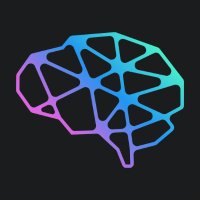
Complete Concussions
@ccmconcussions
Evidence-based and data-driven healthcare solutions to improve concussion management and patient outcomes. Find a clinic near you.
bit.ly/CCMINewsletter
ID: 1671405726
http://www.completeconcussions.com 14-08-2013 21:01:58
2,2K Tweet
2,2K Followers
3,3K Following











"Conclusion: Adding head shake & foam cushion conditions to postural stability tests improves sensitivity in detecting balance deficits in individuals with a concussion." We're following this data to see how we can improve care in our network of clinics. pubmed.ncbi.nlm.nih.gov/38179588/







